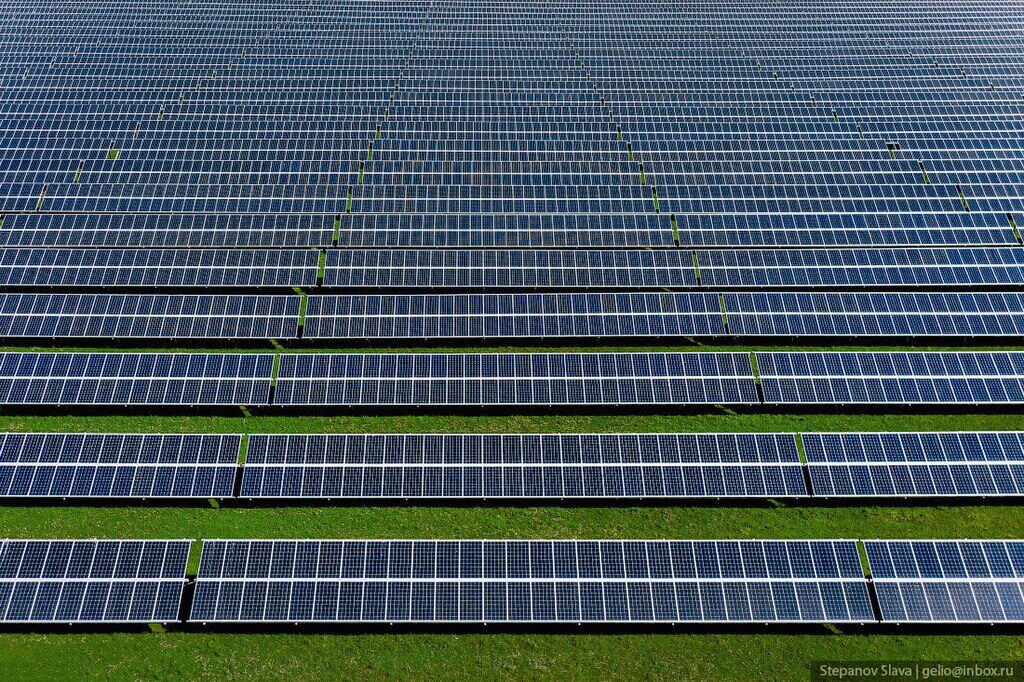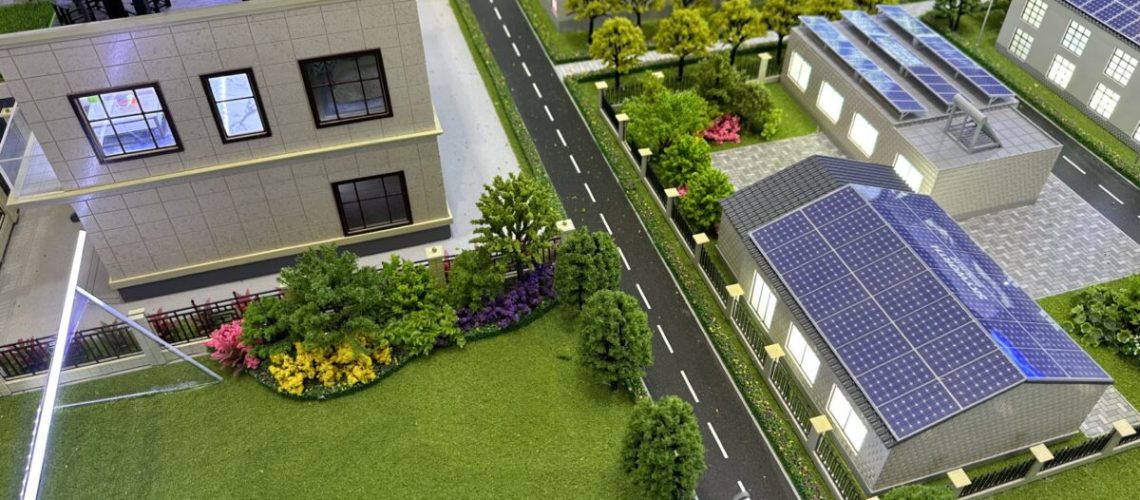The clean energy transition is about more than environmental benefits. It’s about creating jobs, stimulating economic growth and achieving energy independence.
Today, with the evolving political landscape under the Trump administration, it’s more critical than ever for solar companies to navigate the challenges and opportunities ahead with clarity and purpose.
Resilience in the face of policy challenges
The solar industry is no stranger to overcoming obstacles. Now, with discussions about repealing portions of the Inflation Reduction Act (IRA) and the potential dismantling of the Department of Energy’s Loan Programs Office, we face another test of our resilience.
Yet, the numbers tell a compelling story: in 2024, solar energy accounted for 67% of all new electricity-generating capacity in the United States. This growth isn’t coincidental—it’s driven by technological advancements and the continuously declining costs of solar systems.
Balancing federal policies with state and market dynamics
Federal policies may grab headlines, but state policies and market forces play an equally significant role in shaping the solar industry’s trajectory. According to recent polls, 87% of Americans support clean energy incentives—a sentiment that cuts across political lines.
This bipartisan support is especially crucial in Republican districts, where clean energy projects have already generated $106 billion in investments and created thousands of jobs. I believe that this voter sentiment will influence local policymakers to preserve key aspects of the solar ecosystem, even amidst federal rollbacks.
During the 2024 Election cycle, lowering the cost of living was a key policy argument. A campaign promise included “Slash [energy] prices by half within 12 months, at a maximum of 18 months.” Renewable energy deployment is crucial to acting on this promise. Leaving an IRA as-is implementation would allow the Trump administration to bear the fruit of potentially “slashed” energy prices.
Looking ahead: Predictions for solar under Trump
While federal rollbacks are a concern, I see opportunities emerging as well. If the administration takes a “surgical” approach to scaling back clean energy funding, it might inadvertently prioritize distributed solar solutions like ours. A key component is harnessing local energy production, decreasing operating expenses to the asset, and creating a net benefit to residents.
Distributed solar systems align well with energy independence goals by enabling on-site power generation and consumption. Additionally, existing IRA incentives, such as the domestic content bonus (10% tax benefit), have signaled the industry to prioritize local components since its signature in 2022. Even before international tariff considerations, the renewable industry had already aligned with local resourcing when it was beneficial.
Opportunities in a politically divided market
Federal challenges aside, the solar industry’s ability to thrive at the state and local levels offers a powerful counterbalance. Incentives from state governments, renewable energy credit markets, utility rebates, and grassroots support create a strong foundation for continued growth.
At Allume, we’re leveraging these opportunities to further our mission of making solar accessible to everyone, particularly in underserved communities. By addressing the needs of multi-tenant buildings and low-to-moderate-income households, we’re advancing clean energy adoption and fostering economic and social benefits in these communities.
Why resilience matters
Reflecting on the road ahead, one thing is clear: the clean energy transition is about more than environmental benefits. It’s about creating jobs, stimulating economic growth and achieving energy independence.
The challenges we face today are opportunities to demonstrate our industry’s strength and our vision’s resilience. Together, with stakeholders at every level, we can make solar accessible, affordable, and impactful for everyone.
A bright future for solar
The solar energy sector is pivotal, with shifting political dynamics creating uncertainty and opportunity. But I am confident in our ability to navigate these changes and emerge stronger. We’ll continue to innovate, adapt and advocate for a cleaner, more equitable energy future.
With resilience as our foundation and innovation as our guide, the future of solar remains bright—and I am excited to be part of shaping it.
Mel Bergsneider is executive account manager at Allume, responsible for business development in the U.S. market. As the first U.S.-based employee at Allume, Mel leads the Australian startup’s expansion across target markets, including Illinois, Florida, and Texas. Mel works closely with affordable housing providers, solar installers, and real estate developers to provide solar energy benefits to tenants.
Popular content




